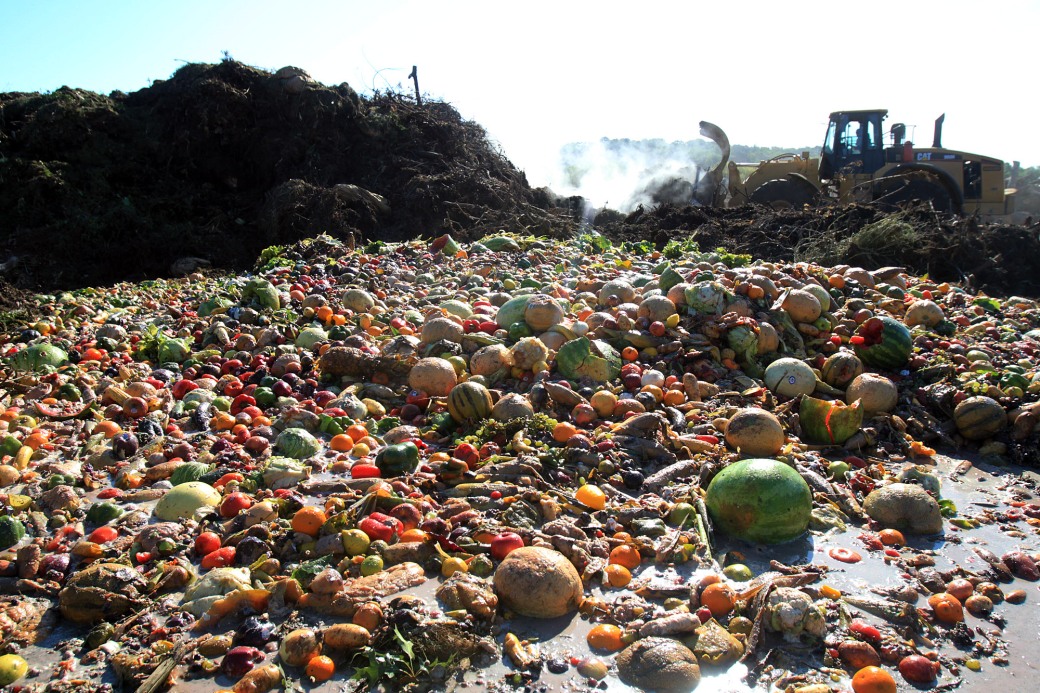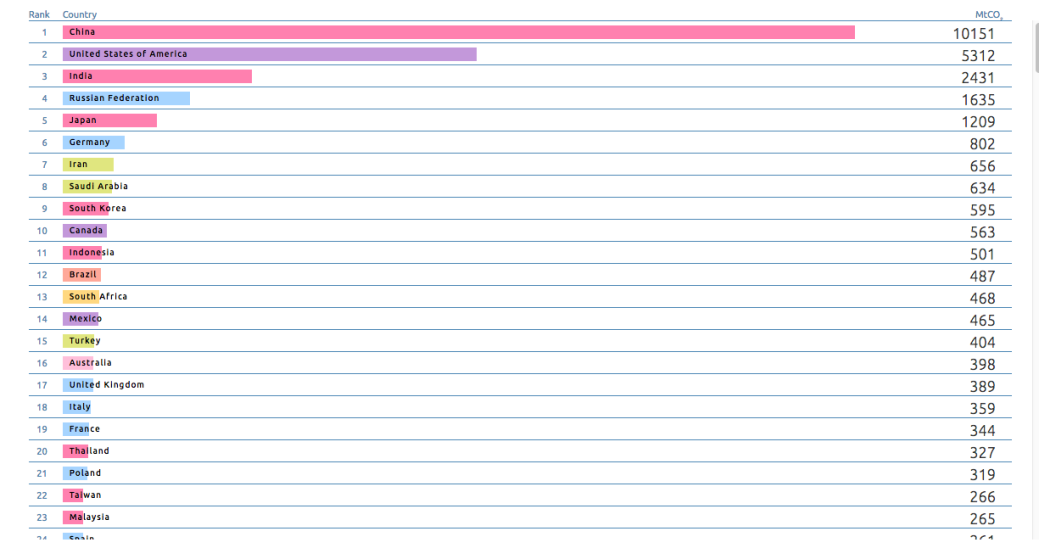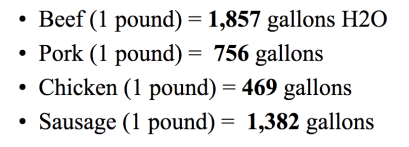Food waste is “the component of food loss that occurs when an edible item goes unconsumed, as in food discarded by retailers due to color or appearance and plate waste by consumers” (ERS).
So what counts as food waste? The half-eaten meal left on a plate at a restaurant, food scraps from preparing a meal at home, and the rotten milk a family pours down the drain are some common forms that we see in everyday life.
“In the US, 40% of food produced goes to waste.”
Yet… one in six Americans are food insecure.
Why is food waste a problem and relevant?
- Only three percent of food is composted in the US, and as a result, uneaten food is the single biggest component of municipal solid waste.
1. Wasting food is wasted energy: Water, Soil, Oil
- Consumer waste also has serious energy implications – the wasted food still has to be grown, packaged, and shipped.
- Additionally, wasted food accounts for approximately 25% of all freshwater consumption globally. In the Global World Food Economy lecture, you drink what you eat
Source: Global World Food Economy Lecture
- 300 million barrels of oil are used each year to produce food that goes to waste (https://lovefoodhatewaste.co.nz/food-waste/the-global-issue).
- As we have learned in The Oil We Eat, show that our food depend on oil. The oil is used to run mechanical machine in commercial agriculture, vehicles engine to transport food, petroleum-based fertilizers, pesticides.
11 cal. energy = 1 cal. food
1 ton of oil= 1.5 tons nitrogen fertilizer
Source: The Oil We Eat lecture
2. Wasting food is food insecurity
- Fact: 800,000,000 people go to bed hungry every night. The food discarded by retailers and consumers in the most developed countries would be more than enough to feed all of the world’s 870 million hungry people, according to the Food and Agriculture Organization of the United Nations.
3. Wasting food is bad for the environment
- Most food waste is thrown away in landfills, where it decomposes and emits methane, a potent greenhouse gas.

- Each year food production releases hundreds of millions of pounds of pesticides into the environment each year and is the leading cause of freshwater pollution. So it is crucial that we make sure that we do not waste that food that we are producing.

Source: Global Carbon
